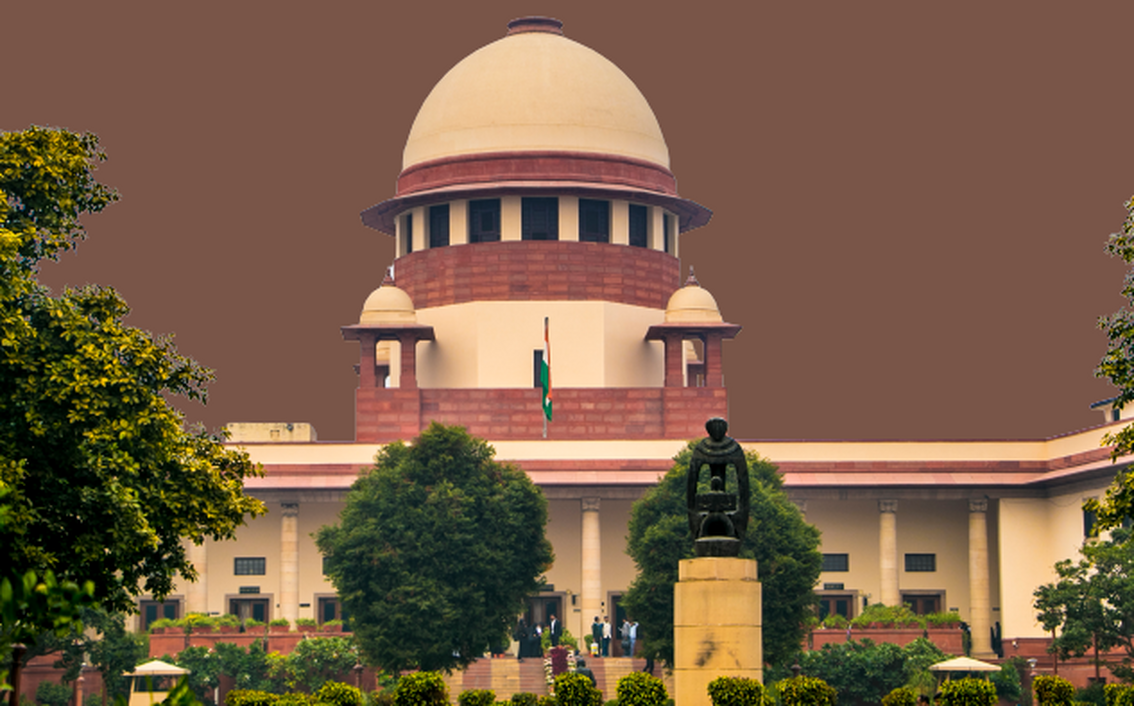In WP No.2865 Of 2022 (GM-RES)-KAR HC- UPI service providing entities have status of Intermediaries under IT Act, 2000; Magistrates have to hear intermediaries and then direct transfer of amount while dealing with applications under Sections 451 & 457 of CrPC: Karnataka HC
Justice M. Nagaprasanna [17-10-2022]

Read Order: SRI RAHUL CHARI AND ORS v. STATE OF KARNATAKA AND ORS
Mansimran Kaur
Bengaluru, November 10, 2022: In a case involving UPI service providing entities, the Karnataka High Court has directed the Magistrates that while dealing with applications under Sections 451 and 457 of the Cr.P.C., particularly in cases where it involves such entities/intermediaries to hear those intermediaries and then direct transfer of the amount.
Justice M. Nagaprasanna allowed the instant petition instituted by the petitioners who were before this Court calling in question the order passed by the Additional Chief Metropolitan Magistrate, Bengaluru whereby the amount from the personal account of the first petitioner was transferred to the account of the second respondent.
Factual matrix of the case was such that the first petitioner was the whole time Director of “PhonePe Private Limited”/second petitioner. The second petitioner was a pioneer in digital payments and financial services and is also engaged in the business of providing digital payment platform services enabling end users and customers to make payment and merchant/business entities to accept payment by card which is popularly known as “Unified Payment Interface” (‘UPI’).
The second petitioner was the Company and claimed to be a leading player in the digital payment ecosystem.The second respondent one Ms. Madhuri R.K. attempted to order some items online through her bank account and in order to enquire about the order, contacted customer care of the ecommerce app on the number obtained on Google website.
On doing so, an unknown person appeared to have fraudulently gathered the bank account details of the second respondent and falling prey to such fraud, the second respondent transferred a sum of Rs.69,143 to the said unknown person not by one but through fifteen transactions.
All the transactions were collected requests which were approved by the second respondent. A complaint then came to be registered on April 3, 2021 and a Cyber Crime Incident Report (CCIR) came to be filed by the second respondent reporting such online financial fraud/UPI fraud with suspect name as Amith Mishra and suspect’s phone number was also provided by the second respondent.
Upon receipt of the request from the Police, the Yes Bank followed the instructions and provided the information that was sought for. At this point in time, while furnishing information, the linked bank account leads to the account number of the first petitioner.
Later, the second respondent/complainant filed an application with the first respondent informing them about the transaction that took place on April 2, 2021 and on receipt of the said information an FIR came to be registered for offences punishable under Sections 66C and 66D of the Information Technology Act, 2000 against unknown person.
The second respondent who had her account in ICICI Bank filed an application before the concerned Court invoking Sections 451 and 457 of the CrPC praying to unfreeze the personal account of the first petitioner and transfer the amount to the account of the second respondent.
The first petitioner came to know that the amounts were debited from his personal account and details were sought from the fourth respondent to whom the amount was transferred. The first petitioner then got apprised of the fact that the amount was transferred to the account of the second respondent upon an order passed by the Magistrate. No alternatives available, the petitioners knocked the doors of this Court in the subject petition.
After giving anxious considerations, the Court noted that in the entire process the first petitioner from whose account the amount was transferred was not even heard in the matter.
Though the Court noticed that the amount belonged to the victim/ complainant, the accused was even known and there were no rival claimants, if notice was not issued to the account holder from whom debit is sought, there cannot be a rival claim. This rudimentary fact is given a go-bye by the Magistrate, the Court noted.
It was further noted by the Court that the application under Sections 451 and 457 of the Cr.P.C. was dealt with by the Magistrate in a casual and cavalier manner. The amount, however small it is, is the property of an individual in whose account it is held, the Court further remarked.
Such an amount which is a right to property of the account holder cannot be taken away without even bringing to his knowledge, the Court noted.
There was a debit from the account of the first petitioner for the purpose of satisfying the complainant. While the right of a complainant is to be looked into, since the complainant is a victim of a fraud, but the investigation cannot be cut short without unearthing the fraud and closing the issue, by transfer of amount from a third party, in the case at hand, from the personal account of the first petitioner.
All the factors will have to be borne in mind by the Magistrates while dealing with an application under Sections 451 and 457 Cr.P.C. , the Court observed.
Therefore, the impugned order, on the face of it, is arbitrary and cannot stand the scrutiny of law, the Court further noted.
Freezing of account in terms of Section 102 of the Cr.P.C. is a power that is available, but if the amount is sought to be transferred to any other account, the account holder whose account is frozen or de-frozen for the purpose of transfer of the amount shall be heard, the Court observed.
In view of the above, the writ petition was allowed.
Sign up for our weekly newsletter to stay up to date on our product, events featured blog, special offer and all of the exciting things that take place here at Legitquest.




Add a Comment